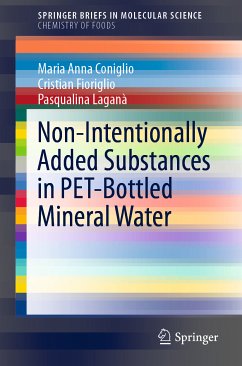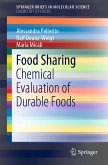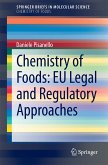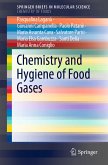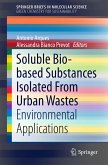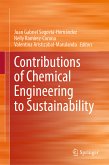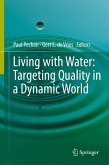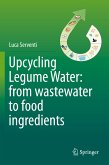This book discusses a major issue in the food contact materials industry: non-intentionally added substances (NIAS), and their impact on PET-bottled water. NIAS are chemical compounds that are present in food contact materials but have not been added for technical reasons during the production process, and consumers are usually unaware of their presence. NIAS can include decomposition or degradation products, impurities in the raw materials, unwanted by-products or contaminants from recycling processes, and they pose a challenge for packaging manufacturers.
In Europe, the EU Regulations No. 1935/2004 and 10/2011 set out, respectively, the general principles of safety and inertness for all packaging materials, and rules on the composition of plastic food-contact materials. Among the plastics commonly used for bottled water and other non-alcoholic refreshment beverages, polyethylene terephthalate (PET) is the most favoured thanks to its chemical and physical stability, its transparency, low weight and good recyclability. Further, very few additives are used for its manufacture. Nonetheless, due to the complex formulations of polymers, processes and storage, NIAS can also be found in PET-bottled water, with potential cancerogenic or toxic effects.
This book provides an overview of the European regulation of NIAS in plastic packaging materials, offering insights into their chemical composition in PET-bottled water. Lastly, it provides a useful discussion on NIAS and their toxicity.
Dieser Download kann aus rechtlichen Gründen nur mit Rechnungsadresse in A, B, BG, CY, CZ, D, DK, EW, E, FIN, F, GR, HR, H, IRL, I, LT, L, LR, M, NL, PL, P, R, S, SLO, SK ausgeliefert werden.

